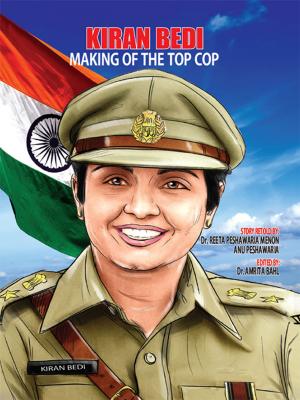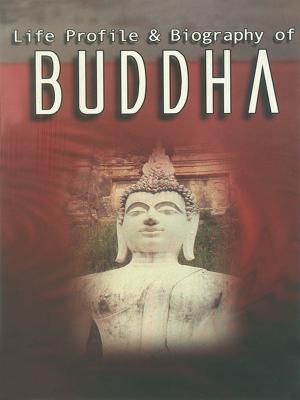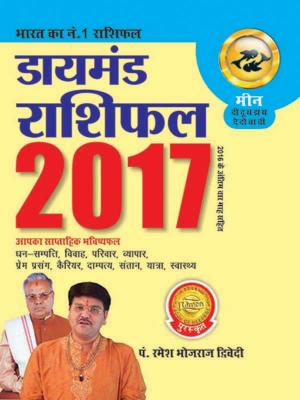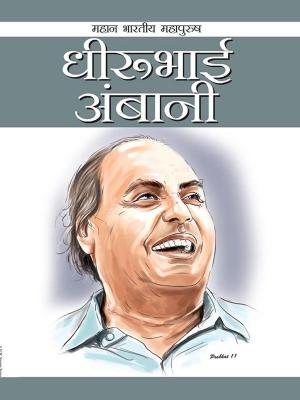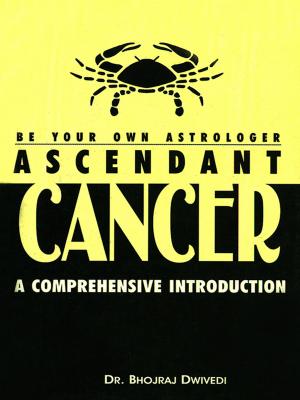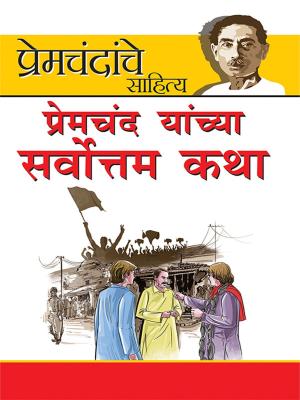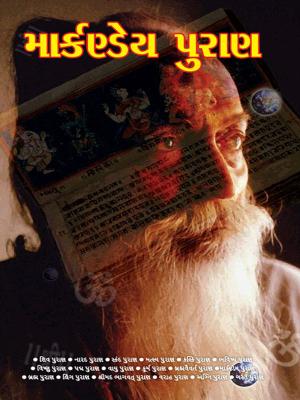Lives on the Brink : Bridging the Chasm between Two Great Nations, India and United States
Nonfiction, Social & Cultural Studies, Political Science| Author: | Anu Peshawaria | ISBN: | 9788128813146 |
| Publisher: | Diamond Pocket Books Pvt ltd. | Publication: | November 18, 2016 |
| Imprint: | Language: | English |
| Author: | Anu Peshawaria |
| ISBN: | 9788128813146 |
| Publisher: | Diamond Pocket Books Pvt ltd. |
| Publication: | November 18, 2016 |
| Imprint: | |
| Language: | English |
The Indian women, who go to the USA after marrying NRI men, go through many agonizing phases. Their traumatic experiences and problems have been laid threadbare in this book. This book is an eye opener, literally. These women are tortured and abused daily. They face domestic violence. Although there have been no national or statewide studies of Indian women and domestic violence in the US, there is a reason to believe that this problem is assuming gargantuan proportions. According to a recent survey in the Boston area, 40.8 percent of South Asian women reported that they were physically or sexually abused by a male partner in their lifetime. The same survey concluded that 36.9% percent of surveyed women reported some form of abuse by a partner in the past year (Raj & Silverman, 2002). That is a rate of over 2 out of 5 for South Asian women, who report about domestic violence. This figure is much higher than that of the general US population (28% according to UNICEF, 2000). Nearly 90 percent of the women were immigrants. In addition, the ASHA, a South Asian Women’s Organization (SAWO) in Washington DC, received 500 calls from women in distress due to marital abuse in 1995. The number of such calls became four times between 1997 and 1999 (Preisser, 1999). In 2003, Sakhi for South Asian Women (a SAWO in NY) received 1,385 calls and e-mail messages related to domestic violence from Indian women (Abrahams, 2005).
Anu Peshawaria has done a fine job. She has revealed that grass is not so much green in foreign countries. Indian women are vulnerable to the machinations of Indian men in the USA. Anu herself has gone through many ordeals. It is her real-life saga, not a piece of fiction. Her grit helped this book see the light of the day.
The Indian women, who go to the USA after marrying NRI men, go through many agonizing phases. Their traumatic experiences and problems have been laid threadbare in this book. This book is an eye opener, literally. These women are tortured and abused daily. They face domestic violence. Although there have been no national or statewide studies of Indian women and domestic violence in the US, there is a reason to believe that this problem is assuming gargantuan proportions. According to a recent survey in the Boston area, 40.8 percent of South Asian women reported that they were physically or sexually abused by a male partner in their lifetime. The same survey concluded that 36.9% percent of surveyed women reported some form of abuse by a partner in the past year (Raj & Silverman, 2002). That is a rate of over 2 out of 5 for South Asian women, who report about domestic violence. This figure is much higher than that of the general US population (28% according to UNICEF, 2000). Nearly 90 percent of the women were immigrants. In addition, the ASHA, a South Asian Women’s Organization (SAWO) in Washington DC, received 500 calls from women in distress due to marital abuse in 1995. The number of such calls became four times between 1997 and 1999 (Preisser, 1999). In 2003, Sakhi for South Asian Women (a SAWO in NY) received 1,385 calls and e-mail messages related to domestic violence from Indian women (Abrahams, 2005).
Anu Peshawaria has done a fine job. She has revealed that grass is not so much green in foreign countries. Indian women are vulnerable to the machinations of Indian men in the USA. Anu herself has gone through many ordeals. It is her real-life saga, not a piece of fiction. Her grit helped this book see the light of the day.

